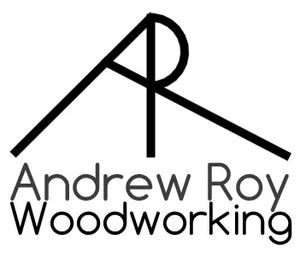Index
For the Elevator:
Andrew Roy woodworking is a custom furniture and cabinetry shop in Easthampton, Massachusetts. I specialize in providing unique heirloom pieces built with hand-selected salvaged and FSC certified lumbers and finished with environmentally responsible coatings. The photographs on this website are only a small sampling of what I have built and what can be built for you. Please contact me with any questions or for an estimate of your fine woodworking project.
For the Barstool:
Andrew Roy Woodworking is an ongoing project, an experiment in reinventing the way craftsmen and designers interact with clients and the environment. With over ten years experience building fine traditional and contemporary furniture, I aim to provide a better process to clients who are awash with the choices and the confusion of the furniture market. That process begins with establishing a working relationship with the client - one that advises the design process, allows greater client input and affords greater transparency in cost, materials and construction methods. That relationship continues after the product is delivered to ensure their furniture is functioning as it should for years.
I aim to build with less harm to the environment. Admittedly, building a new product always produces some waste. That waste can be mitigated, first and foremost, by constructing a product that will not need to be replaced - that is durable and can be easily repaired.
I prefer to use salvaged hardwoods harvested locally from fallen trees in New England. These salvaged trees yield wood with greater character and reduce transportation costs. When applicable, I source FSC certified plywoods and hardwoods to further reduce environmental harms. Additionally, I use industrial-grade water-based finishes that provide exceptional protection while producing less solvent waste and fewer airborne Volatile Organic Compounds (VOCs) - protecting the environment, the consumer and the craftsperson.
This website is a step towards providing clients with information and transparency. The portfolio page contains not only finished products but also behind-the-scenes process galleries, project sketches, and prototype pieces. The Fabrication page is a blog-like folder giving more detailed descriptions of various projects, construction methods and design steps as well as a message board for inspiring articles related to woodworking and the resurgence of craft furniture making.

